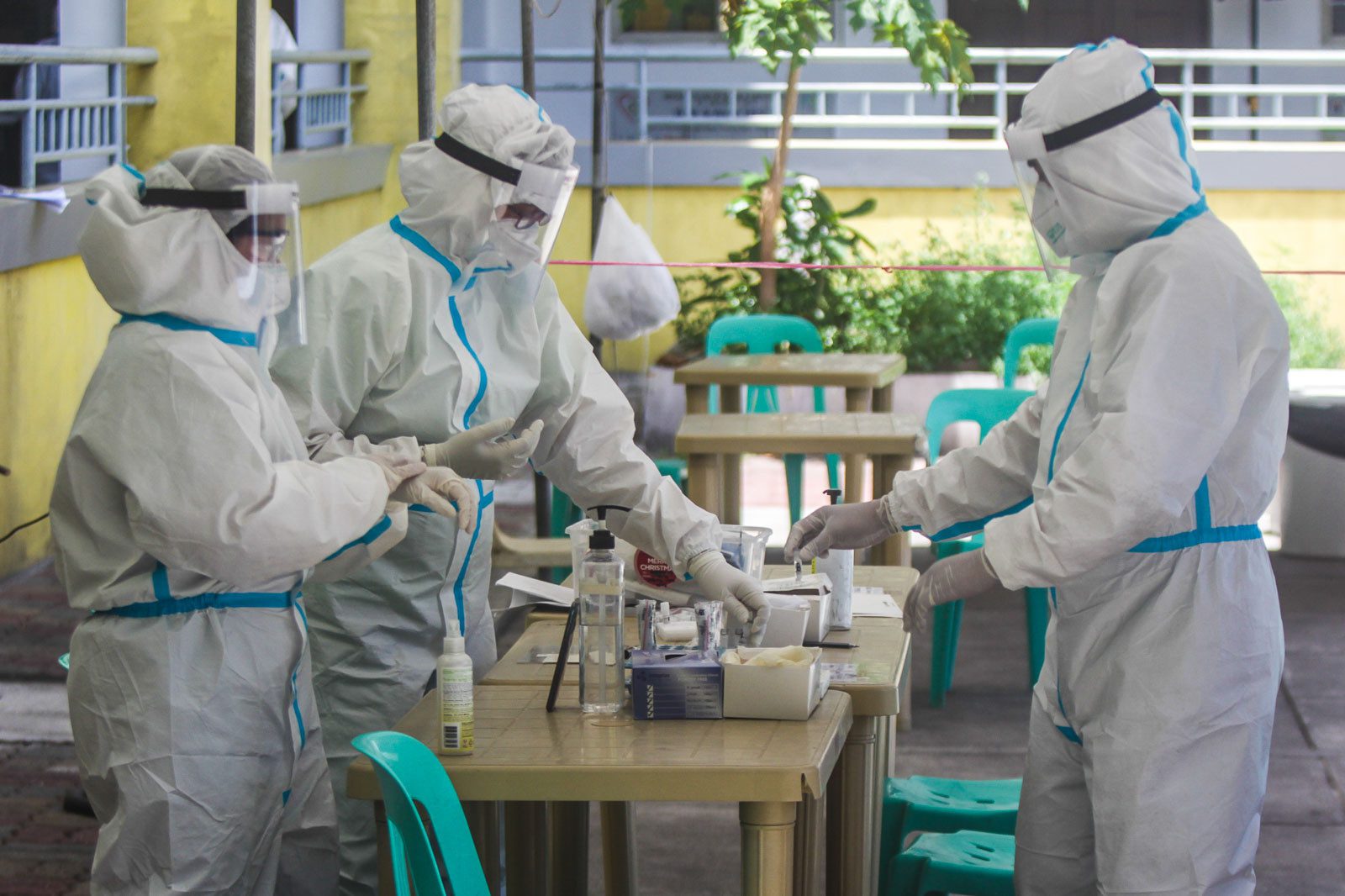No fewer than 115,500 health workers died from COVID-19 in 18 months of the COVID-19 pandemic, linked to a “systemic lack of safeguards”, according to UN agencies.
The World Health Organisation (WHO) and International Labour Organisation (ILO) on Monday warned that health teams worldwide needed much safer working conditions to combat the “dangerous neglect” they have faced during the COVID-19 pandemic.
In a joint call for action from the UN health and labour agencies, they insisted that the coronavirus crisis had contributed to “an additional heavy toll” on health workers.
“Even before the COVID-19 pandemic, the health sector was among the most hazardous sectors to work in,” said WHO’s Maria Neira, Director, Department of Environment, Climate Change and Health.
“Only a few healthcare facilities had programmes in place for managing health and safety at work,” Neira said.
“Health workers suffered from infections, musculoskeletal disorders and injuries, workplace violence and harassment, burnout, and allergies from the poor working environment.”
To address this, WHO and ILO have released new country guidelines for health centres at national and local levels.
“Such programmes should cover all occupational hazards – infectious, ergonomic, physical, chemical, and psycho-social,” the agencies noted.
They added that States that have either developed or are actively implementing occupational health and safety programmes in health settings had seen reductions in work-related injuries and absences due to sickness and improvements in the work environment, productivity, and retention of health workers.
“Like all other workers, should enjoy their right to decent work, safe and healthy working environments and social protection for health care, sickness absence and occupational diseases and injuries,” insisted ILO’s Alette van Leur, Director, ILO Sectoral Policies Department.
The development comes as the agencies indicated that more than one in three health facilities lack hygiene stations at the point of care, while fewer than one in six countries had a national policy in place for healthy and safe working environments within the health sector.
“Sickness absence and exhaustion exacerbated pre-existing shortages of health workers and undermined the capacities of health systems to respond to the increased demand for care and prevention during the crisis,” James Campbell, Director, WHO Health Workforce Department said.
Read Also: Senator Smart Adeyemi’s daughter Deola welcomes first child with Malivelihood boss
